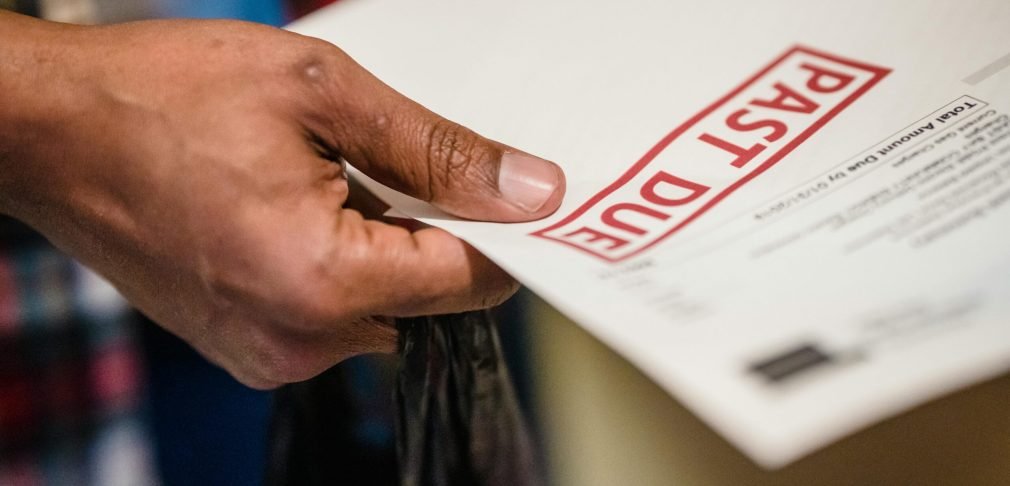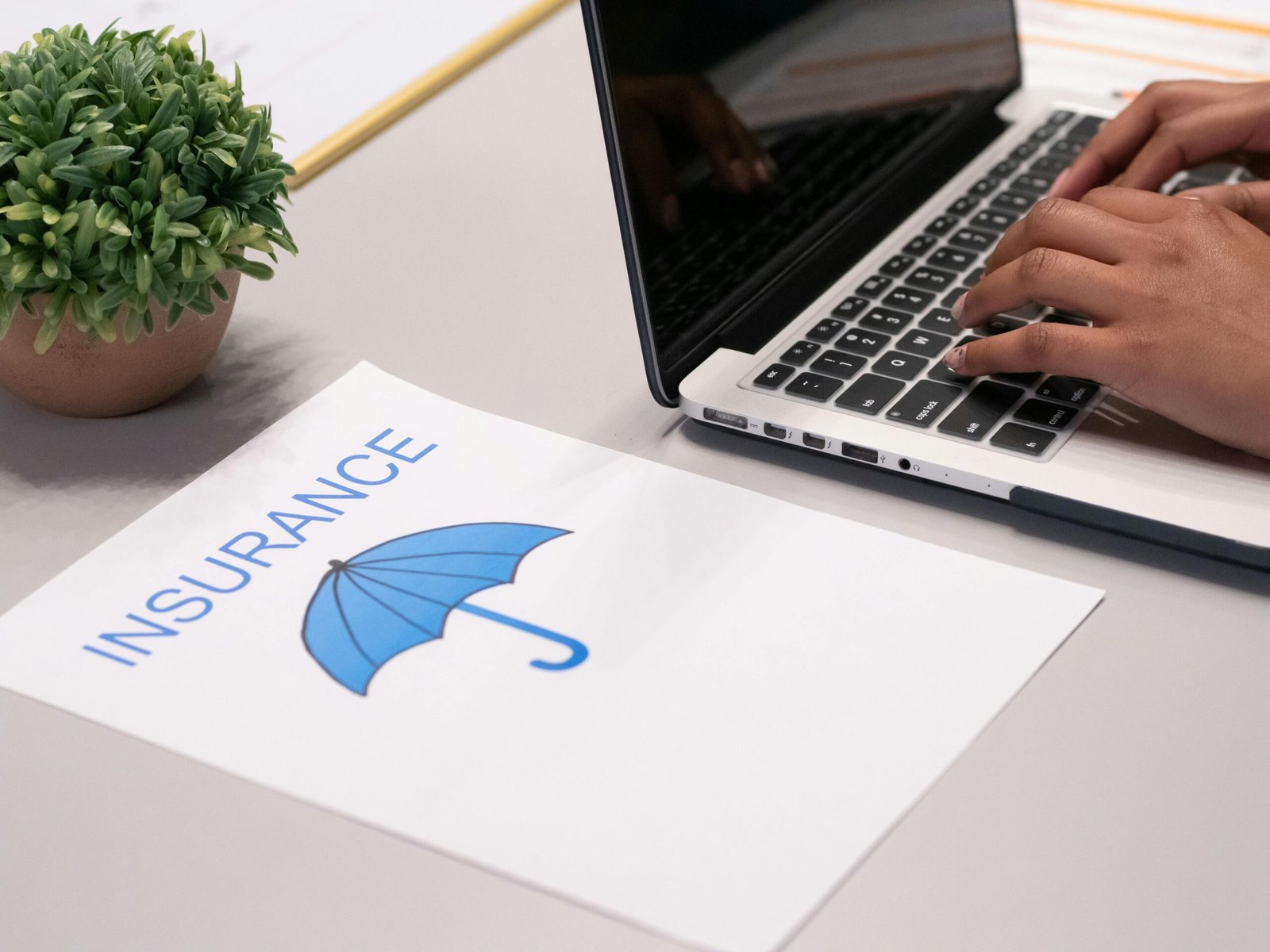As a business owner or entrepreneur, managing finances is a critical aspect of your operations. However, there may come a time when you need to engage with debt collectors. Understanding your rights under the Fair Debt Collection Practices Act (FDCPA) is essential to ensure that debt collection practices remain fair and respectful. This article delves into Section 805 of the FDCPA, outlining key provisions and providing practical examples to help you navigate interactions with debt collectors effectively.
1. Communication Timing and Locations
Under Section 805 of the FDCPA, debt collectors are restricted from contacting consumers at unusual or inconvenient times or places. Specifically:
- Restricted Hours: Debt collectors cannot call before 8 a.m. or after 9 p.m. local time.
Example: If you run a startup and your business hours are flexible, a debt collector cannot call you at 7 a.m. to discuss an outstanding debt. Such calls must be confined to reasonable hours unless you provide prior consent to communicate outside these times. - Inconvenient Locations: Contacting you at locations that are not suitable for discussing financial matters is prohibited.
Example: A debt collector cannot approach you at a social gathering or a public event to discuss your business debt. Communications should occur in appropriate settings, such as your business office or via secure correspondence.
Recommendation: Understanding the Telemarketing Sales Rule: A Guide for Small Business Owners
2. Representation by an Attorney
If you have retained legal counsel, debt collectors must direct all communications to your attorney and cannot contact you directly without explicit permission.
- Attorney Representation: Only your attorney may be contacted regarding the debt.
Example: Suppose you own a consulting firm and have hired an attorney to handle your business affairs. A debt collector must communicate solely with your attorney about any outstanding debts and cannot reach out to you personally unless your attorney consents.
3. Communication at Place of Employment
Debt collectors must refrain from contacting you at your place of business if they know, or have reason to know, that your employer prohibits such communications.
- Employer Restrictions: If your business or employer has policies against receiving debt collection calls, debt collectors must respect these boundaries.
Example: As the CEO of a tech company, if your business has a policy that prohibits employees from receiving personal debt collection calls at work, debt collectors must honor this and avoid contacting you at your place of employment.
4. Limited Communication Channels
Debt collectors are restricted from communicating with individuals other than specific parties involved in the debt collection process. They may only contact:
- The Consumer: You, the business owner or entrepreneur, as the debtor.
- Your Attorney: If you are represented legally.
- Consumer Reporting Agencies: When permitted by law.
- The Creditor: The original lender or service provider.
- Creditor’s Attorney: Legal representatives of the creditor.
- Debt Collector’s Attorney: Legal representatives of the debt collector.
Example: If a debt collector attempts to discuss your business debt with your business partner or an employee without your consent, they are violating the FDCPA. Communications should be confined to the parties listed above.
5. Right to Cease Communication
If you notify a debt collector in writing that you refuse to pay the debt or wish them to stop contacting you, the collector must immediately cease all communication.
- Ceasing Contact: Upon receiving your written request, debt collectors are legally obligated to stop contacting you except to inform you of specific actions, such as filing a lawsuit.
Example: If you send a certified letter to a debt collector stating that you do not acknowledge the debt and do not wish to receive further communication, the collector must halt all contact attempts. Ignoring this request is a violation of the FDCPA.
Recommendation: Shielding Your Venture: The Imperative of Contractor Insurance in Business
Practical Steps for Business Owners
- Document All Communications: Keep detailed records of all interactions with debt collectors, including dates, times, and the nature of the communication.
- Know Your Rights: Familiarize yourself with the FDCPA to recognize and assert your rights effectively.
- Seek Legal Counsel: If you believe a debt collector is violating the FDCPA, consult with an attorney to explore your options for addressing the issue.
Final Thoughts
Navigating debt collection can be challenging for business owners and entrepreneurs. By understanding the protections afforded under Section 805 of the FDCPA, you can ensure that your rights are upheld and that interactions with debt collectors remain professional and lawful. Should you encounter any violations, don’t hesitate to seek legal assistance to protect your business interests.
Disclaimer: This article is intended for informational purposes only and does not constitute legal advice. For advice regarding your specific situation, please consult a qualified attorney.











